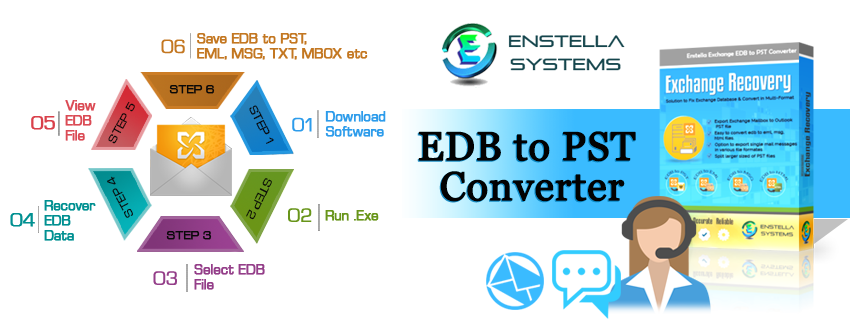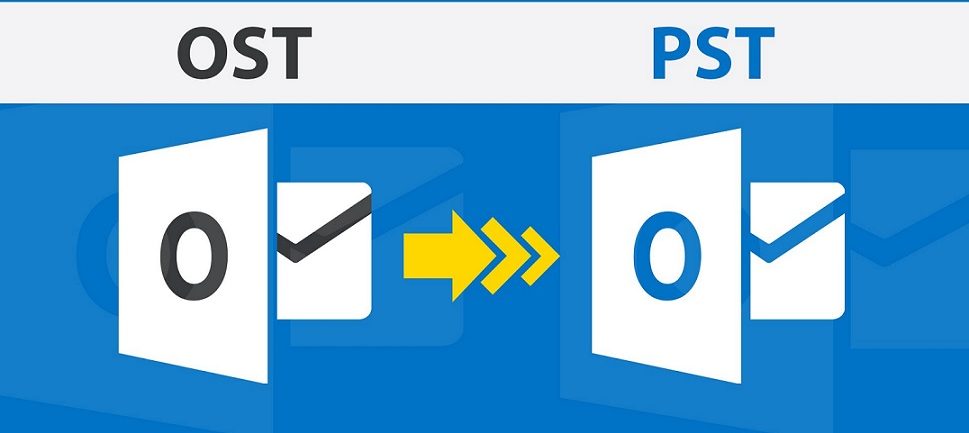The COVID-19 pandemic has changed how we live on so many levels, primarily how we work—less commute, pajamas all day, eating during meetings, money savings, and the freedom to be wherever we want. While working from home seems like a dream, the reality is that burnout and stress among employees are at an all-time high.
One of the mental and physical impacts of remote working is the rise in employee burnouts primarily due to the struggle to set healthy boundaries between work and life. As a result, you find yourself working more hours to demonstrate your commitment to your job while being overwhelmed with home responsibilities.
If you find yourself in a state of physical, emotional, and mental exhaustion caused by unnecessary and prolonged stress or feel swamped, emotionally drained, or unable to meet constant demands that you feel like you have nothing more to give, that’s burnout!
That’s why it’s essential to cultivate healthy habits and use tactics to fight work from home burnout more than ever. Read this article to get tips on how to cope with stress and burnout while working at home.
How to cope with stress and burnout while working at home
1. Establish Boundaries
As soon as the sun rises, you check work emails on your phone. You participate in a meeting through lunch and end up working on a report late into the evening. Your laptop or smartphone has become an extension of yourself and always remains by your side. All of this connection at home entails more hours clocked-in at work. While productivity is good, too much of a good thing can’t be harmful!
This increase in work hours is causing some pretty profound social and personal struggles. Thus, you must establish boundaries and define your working self from your home self. For example, when working, put on your work clothes, set a room in your home that you can call an office, and put distractions aside. Similarly, do not check your work emails or notifications once you’ve clocked out.
2. Reconsider your priorities
You can avoid burnout by thinking about the important things, such as your hopes, aspirations, or goals. Then, take some time to reflect, heal, and redefine what truly matters to you. Reevaluating your priorities can help you find what truly keeps you content and gives you balance. When you are happy and have clear plans for self-help, you can manage burnout better.
3. Rethink your mindset on work
Quitting a job is the most effective cure for burnout. However, packing your bags is not always an option. If you are stuck in a rut, slowly inching your way to burnout, then you need to reevaluate the state of your mind about your career instead. Find some value in your craft, no matter how dull or mundane, and appreciate the aspects you enjoy and take pride in.
Additionally, having strong friendships at work can also help, and taking the day-off off when burnout feels inevitable. This off-the-radar distance would help clear your mind and unwind. After a good break, most people return to work refreshed and ready.
4. Get a hobby
The chronic stress that results in burnout changes the anatomy and performance of the brain. These changes disrupt one’s ability to think, learn, reason, and pay attention. Additionally, it changes the neuroendocrine systems, which releases serotonin and adrenaline. Living in a heightened state of stress pushes your mind to switch into survival mode, impairing ambition and responsibility.
If you lose motivation, do something you genuinely enjoy or look into the best activities to relieve stress. Before you open your email and get buried in piling work, make time for your hobbies. Allocate a couple of hours every morning for a motivation session where you do what you love most, completely uninterrupted.
5. No man is an Island
Working without other employees physically can be a blessing and a curse. You can be more focused on your tasks and no longer have to deal with lingering conversations in the hallway. However, those little interactions feel like a distant dream you miss. Instead, you’re alone all day long. Being socially isolated suddenly makes you feel like you have no one to turn to for support.
For example, when you work from home and an issue arises, you’re alone in your home to cope with the impact and find a resolution. Losing a sense of acceptance and connection can alter your perception of the world, making you feel threatened and distrusting. If you feel this way, communicate your feelings tactfully to your boss or co-workers. Engage with your team; rant to your friends or family.
Key Takeaways
In this period of uncertainty, creating a balance between life and work is challenging to achieve. You must start building a sense of self-awareness around the warning signs of burnout and take preventive measures to stop work from home burnout in its tracks. By taking care of yourself and prioritizing your mental health, you can win, feel rejuvenated and renewed, and ready to get back to work!
Author Bio:
Regina del Rosario is from Booth & Partners, a Seattle-based company with operations in the Philippines. With a solid background in conducting interviews with multiple candidates to identify the one with the most potential. Hired over 100 applicants for positions in dozens of industries and campaigns, at levels ranging from interns to upper-level management.









